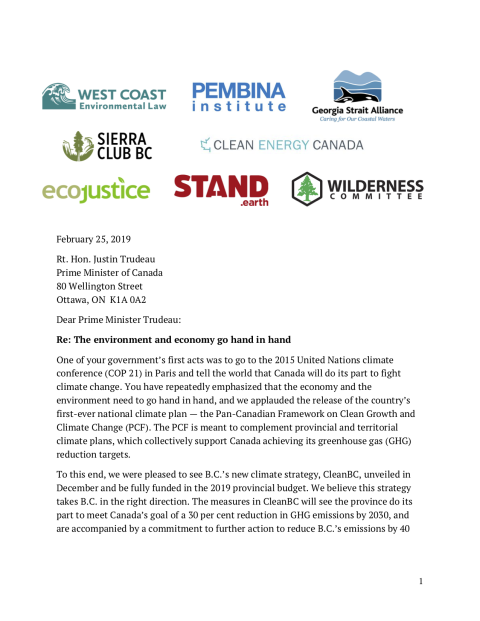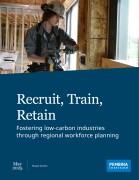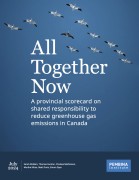Eight environmental organizations sent the following letter to Prime Minister Justin Trudeau:
February 25, 2019
Rt. Hon. Justin Trudeau
Prime Minister of Canada
80 Wellington Street
Ottawa, ON K1A 0A2
Dear Prime Minister Trudeau:
Re: The environment and economy go hand in hand
One of your government’s first acts was to go to the 2015 United Nations climate conference (COP 21) in Paris and tell the world that Canada will do its part to fight climate change. You have repeatedly emphasized that the economy and the environment need to go hand in hand, and we applauded the release of the country’s first-ever national climate plan — the Pan-Canadian Framework on Clean Growth and Climate Change (PCF). The PCF is meant to complement provincial and territorial climate plans, which collectively support Canada achieving its greenhouse gas (GHG) reduction targets.
To this end, we were pleased to see B.C.’s new climate strategy, CleanBC, unveiled in December and be fully funded in the 2019 provincial budget. We believe this strategy takes B.C. in the right direction. The measures in CleanBC will see the province do its part to meet Canada’s goal of a 30 per cent reduction in GHG emissions by 2030, and are accompanied by a commitment to further action to reduce B.C.’s emissions by 40 per cent by 2030. Of particular note, CleanBC includes strong accountability mechanisms that will help to ensure the plan achieves its goals.
We believe that CleanBC is an important model for your government, with components that should be incorporated into the PCF and your future action on climate change.
In particular, CleanBC will ensure ongoing and transparent evaluation and accountability — backed up by specific funding in the 2019 budget. Both CleanBC and the PCF pledge to have ongoing monitoring of progress towards achieving their goals. CleanBC includes specific proposals, such as a commitment to ongoing climate policies and planning integrated with provincial budgeting; an independent, expert panel to monitor progress; and interim carbon budgets that enable forecasting of expected reductions in 3–5 year intervals. CleanBC indicates an intent to enshrine these mechanisms in the province’s climate legislation to protect progress.
Both CleanBC and the PCF acknowledge that, as currently written, they are each 25 per cent short of achieving their respective targets. But the PCF is silent as to when and how that “gap” will be closed — and in fact the gap has grown since 2016, underscoring that the PCF has not provided true accountability. CleanBC, on the other hand, pledges to develop further actions to close its gap within 18–24 months, and outlines where these opportunities lie.
To credibly deliver on its climate mandate, Canada needs a similar plan to achieve its GHG targets. Implementation of a robust accountability framework, like the one described in CleanBC and enshrined in legislation, could increase the credibility and transparency of the PCF by informing and/or complementing the recently announced expert engagement initiative, and by supporting evaluation of PCF progress in future annual synthesis reports.
Other elements of CleanBC that we would like your government to give serious consideration for future federal action include: a more ambitious 2030 target, in alignment with your government’s repeated acknowledgment that a 30 per cent reduction by 2030 is inadequate; full funding for the plan; plans to retrain workers and transition to building a renewable energy economy; and recognition of the tensions between climate action and oil and gas development.
All countries, including Canada, are expected to attend this year’s COP 25 in Chile ready to demonstrate how they have increased ambition on climate change. Your government will be evaluated on progress towards fulfilling Canada’s commitment to reduce emissions. CleanBC offers a positive example of how to ensure continual progress on climate and backstop the PCF as the foundation of climate action in Canada. While we recognize that a national plan will not be a carbon copy of B.C.’s plan, we urge you to look to CleanBC for inspiration and lessons that can help Canada build a sustainable economy powered by renewable energy.
Sincerely,
Clean Energy Canada
Ecojustice
Georgia Strait Alliance
Pembina Institute
Sierra Club BC
Stand.earth
West Coast Environmental Law
Wilderness Committee








